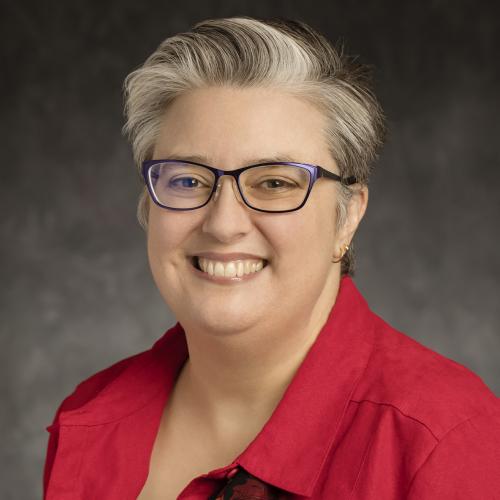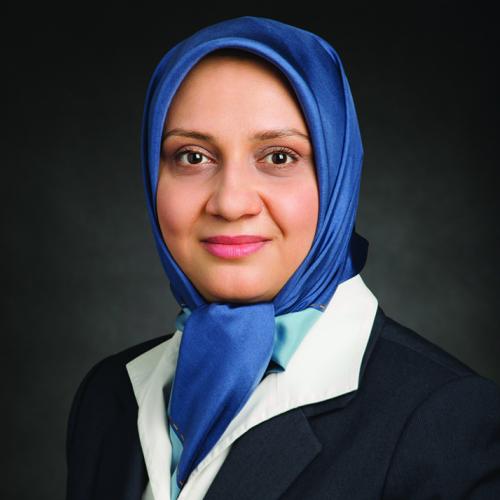GSLIS Associate Professor Catherine Blake is a co-principal investigator on a newly announced, five-year National Science Foundation (NSF) grant, “A Big Data-Theoretic Approach to Quantify Organizational Failure Mechanisms in Probabilistic Risk Assessment.” Led by Zahra Mohaghegh, assistant professor in the Department of Nuclear, Plasma, and Radiological Engineering at Illinois, the $899,000 project is funded by two NSF programs: Science of Organizations (SoO) and Big Data Science and Engineering (BIGDATA).
In analyzing many of the world’s most catastrophic events, such as the Chernobyl nuclear accident, the Deepwater Horizon oil spill, or the Space Shuttle Challenger disaster, it is often found that the leadership and structure of an organization plays a key part in the event’s unfolding. This project aims to use computational approaches to better evaluate how the culture of an organization impacts the possibility of disaster. While this project will look specifically at nuclear power plants, the methodology is also applicable for other high-risk industries, including aviation, healthcare, oil and gas.
“Catastrophic events such as Fukushima have made it clear that the capability of integrating physical and social causes of failure into a socio-technical modeling framework is the future of risk analysis,” said Mohaghegh.
Mohaghegh, an expert in risk assessment, has teamed with Blake, an expert in text mining and data analysis, and Professor Cheri Ostroff, an expert in organizational behavior from the University of South Australia.
“We often lean on language to describe uncertainty and risk, particularly in an organizational setting,” said Blake. “This project will enable us to extend models that capture how scientists manage ostensible inconsistencies in an industrial setting. Moreover, the combination of semantic and probabilistic representations of uncertainty are ultimately required to accurately assess risk and reason about uncertainty in both science and industry.”
Blake’s research explores how to synthesize evidence from text. Her current projects include a project on socio-technical data analytics (SODA) funded by the Institute of Museum and Library Services, and a joint project with the US Department of Veterans Affairs that explores how people make sense of big data. This project also extends earlier work from a NSF project on evidence-based discovery. Blake holds a courtesy appointment in Medical Information Science and serves as Associate Director for the Center of Informatics in Science and Scholarship (CIRSS).
Mohaghegh, a GSLIS-affiliated faculty member, leads the Socio-Technical Risk Analysis (SoTeRiA) Laboratory research group at Illinois. The SoTeRiA Laboratory has been creating a transdisciplinary platform to further risk analysis technology that will contribute to a safer and more sustainable world. Established in January 2013, the dedicated work of the SoTeRiA Laboratory team has resulted in successfully advancing the use of risk analysis for the improvement of performance and safety in high consequence industries, thus protecting workers, the public, and the environment.

